1
HOME > Health & Fitness >
HOW MUCH PROTEIN SHOULD YOU EAT FOR OPTIMAL MUSCLE GAINS?
Written by Ryan O'Connor in Health & Fitness on the 27th October 2021
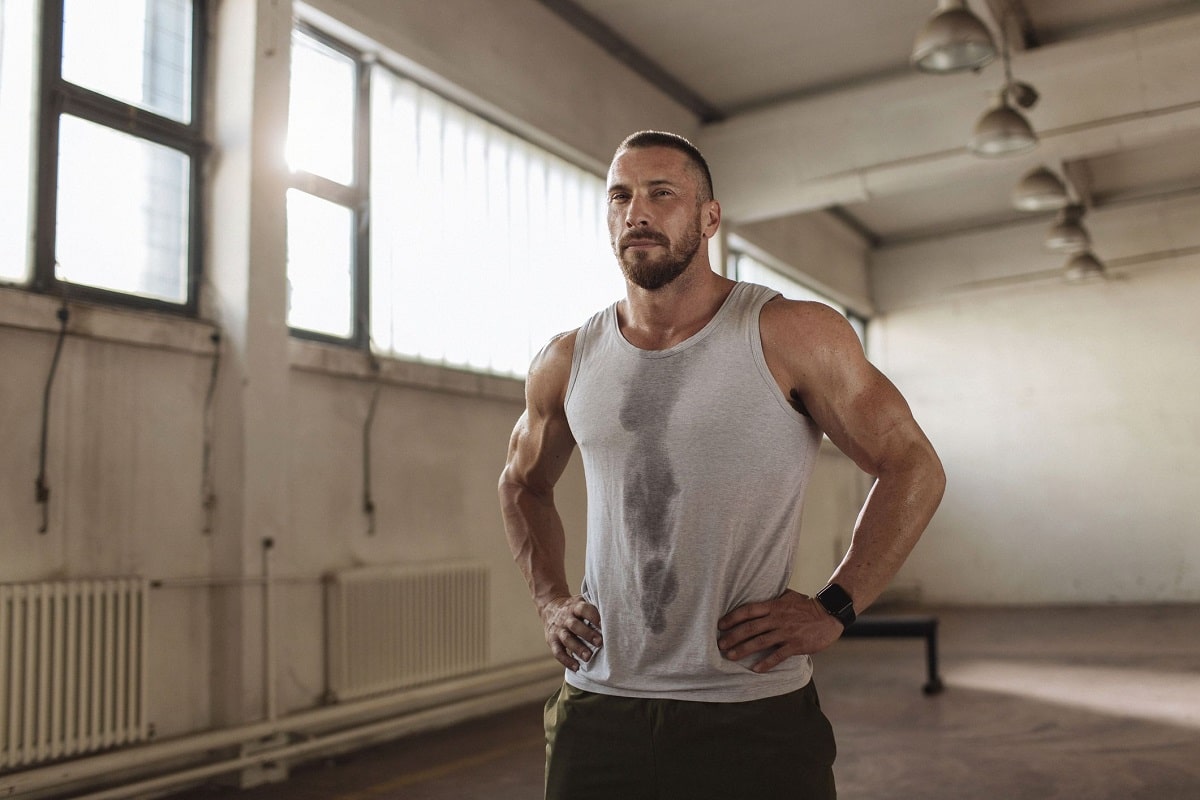
Building muscle is the main reason most of us keep going to the gym. It’s the promise of a strong, lean, and muscular physique that continues to drive us through intense training sessions that many consider us crazy for, but how do you know if you’re building muscle optimally?
What Needs to Happen for Muscle Growth
If you’re trying to put on significant muscle and size, there are a few things that need to happen. Training, nutrition, and recovery must be dialed in. To increase muscle mass and size, resistance training must be done with consistency and intensity. You need to lift heavy, lift often, and always be striving to do more than you did the session before. Muscle growth is stimulated by progressive overload.
That means that progressively over time, you must increase the amount of weight you are lifting, the reps or sets you are performing, or both. You cannot expect to see results if week after week, you’re picking up the same weight and doing the same amount of volume. In order to achieve real results, you have to push yourself past your self-perceived limits. This intense resistance training must also be supported by proper nutrition if you want to see significant results from the hard work you’re putting in at the gym. To achieve that highly sought-after jacked physique, you need to eat a lot. You need to consume more calories than your body expends.
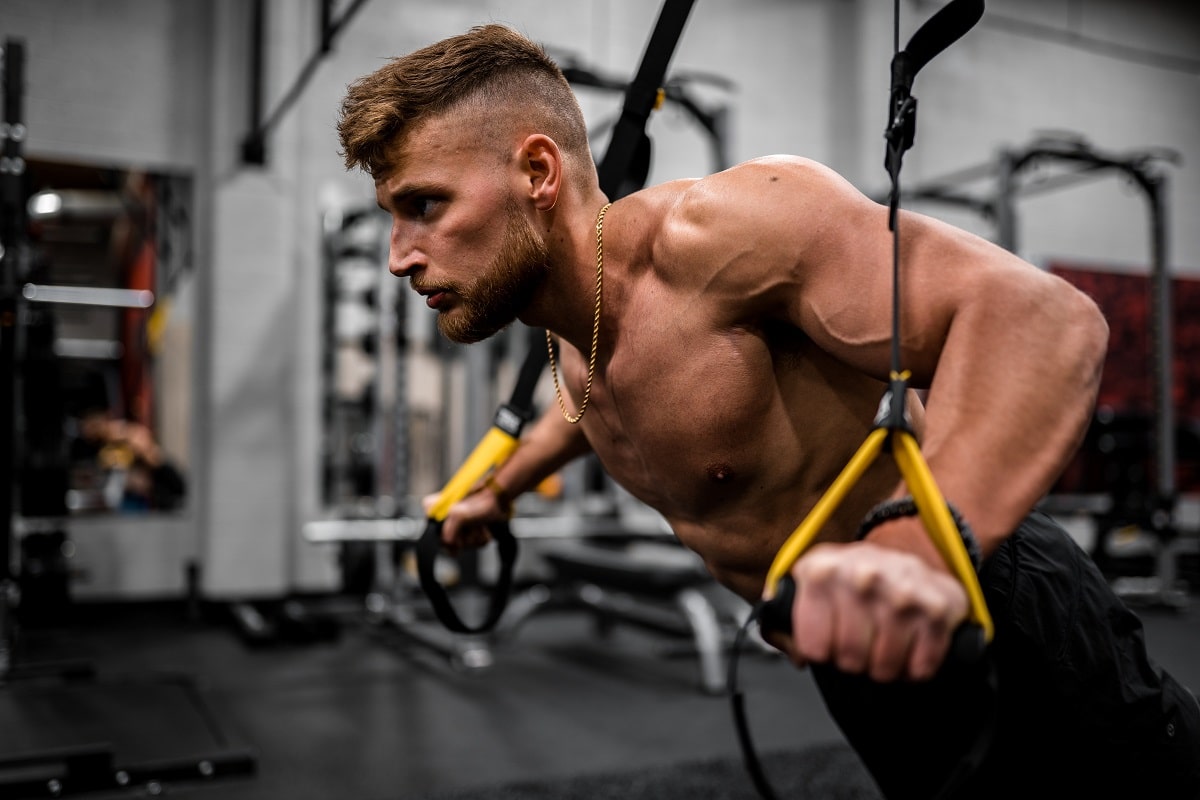
To figure out how many calories you need, you can calculate your BMR for your gender, height, weight, age, and activity level. Add 50-100 calories per day to your BMR to start. When you hit a plateau, and are no longer gaining weight, add another 50-100 calories. If you aren’t gaining weight, then you aren’t gaining significant muscle or size. In addition to being in a caloric surplus, you need a good balance of all macronutrients, including protein, carbohydrates, and fat. Adequate protein is vital for optimal muscle gain.
Your protein intake should equal about 20-25% of your daily calories. While protein is important for muscle gain, so are carbohydrates. Carbohydrates provide you with short-term energy to fuel your workouts. They also aid in recovery from those intense training sessions. Your carbohydrate intake should consist of about 55-60% of your daily calories. Lastly, dietary fat provides long-term energy, supports your hormones, and aids in the absorption of certain nutrients. Your daily fat intake should be about 20-25% of your total calories.
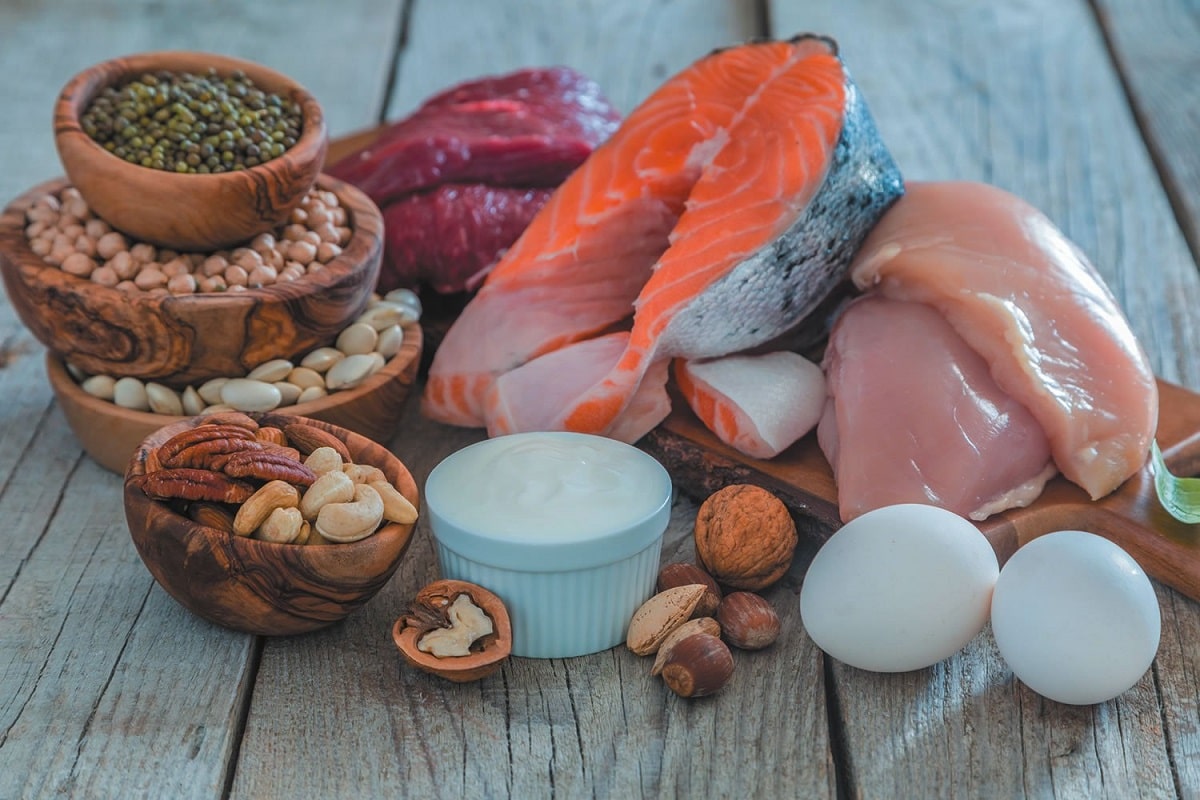
Protein and Muscle Growth
Protein is a macronutrient that is made up of amino acids. There are some amino acids that the body can make on its own (non-essential amino acids), and some that it can’t (essential amino acids). These essential amino acids must be consumed through dietary sources of protein. Many people equate protein with muscle growth. Yes, protein intake is a fundamental part of building and developing muscle, but there are other important functions of protein in the body.
Protein facilitates metabolic reactions and coordinates bodily functions. In addition to providing your body with a structural framework, proteins also maintain proper pH and fluid balance. Now let’s get back to the issue at hand - muscle gains. To optimally build muscle, your body needs to build more proteins than it’s breaking down. When you chow down on a chicken breast, your body breaks the proteins down into amino acids, and then uses them to repair and build new muscle. According to a study published in Nutrients, “protein intake has been shown to promote additional gains in lean body mass beyond those observed with resistance exercise alone."

How much protein do I need each day?
There are many conflicting recommendations on how much protein you need. Individual requirements vary largely from person to person. However, there are some specifics we do know about protein intake in general. The recommended dietary allowance (RDA) for protein for the average adult is 0.8 g/kg of body weight. This is the absolute minimum amount of protein that is needed per day to meet necessary amino acid requirements for the prevention of muscle loss. This recommendation is not enough for active individuals, or for people who want to increase muscle mass and size.
According to the Academy of Nutrition and Dietetics, Dietitians of Canada, and the American College of Sports Medicine, active people need about 1.2-2.0 g/kg of protein. If your daily protein intake falls somewhere between this recommended range, you will likely get enough protein to support optimal muscle gains. To figure out your protein requirements, divide your weight in pounds by 2.2 kg/lb to get your weight in kilograms. Then multiply your weight in kilograms by 1.2 and 2.0 to get your estimated range for protein intake. For instance, for a person who weighs 180 lbs:
- 180 / 2.2 = 81.82 kg
- 81.82 kg x 1.2 = 98 grams of protein
- 81.82 kg x 2.2 = 180 grams of protein
An active individual weighing 180 lbs who wishes to increase muscle mass needs somewhere between 98 - 180 grams of protein per day. This works best when intake is spread evenly throughout the day.
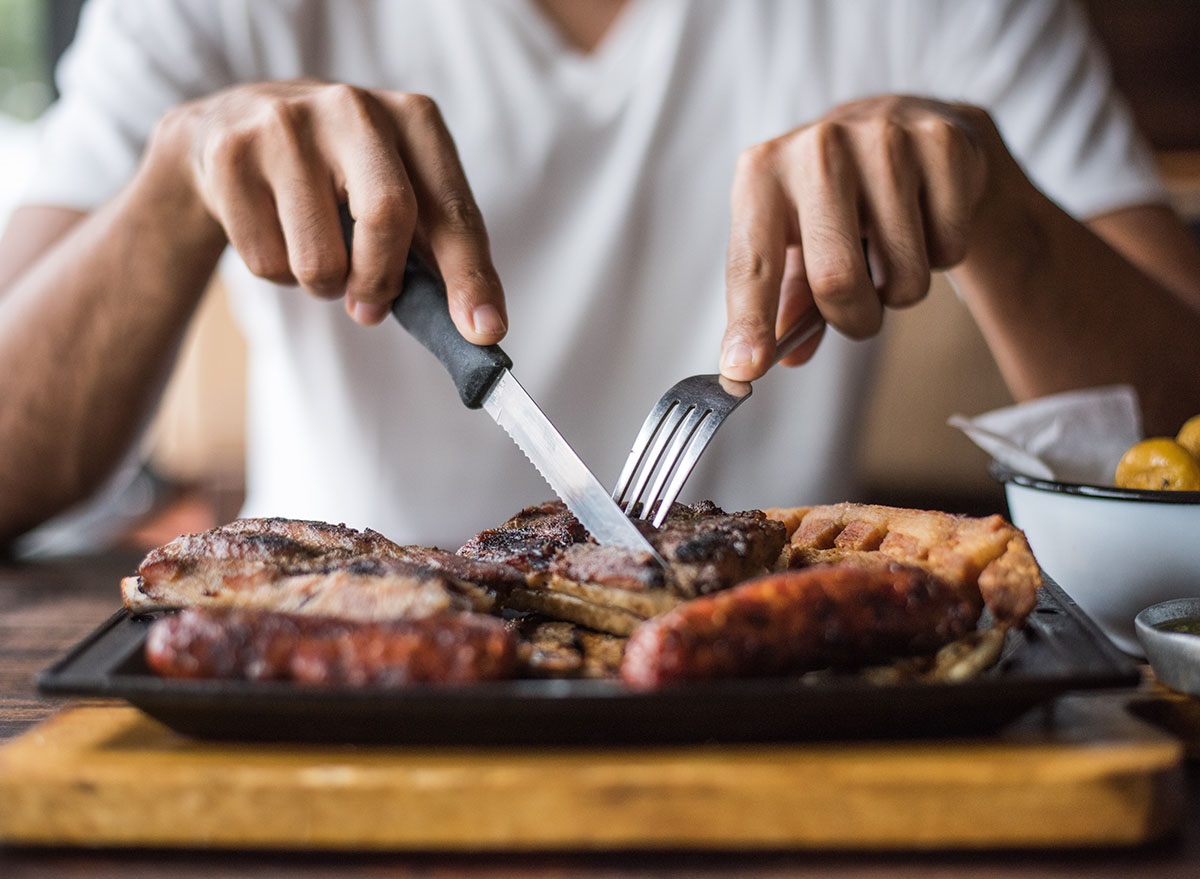
Tips to increase protein consumption
If you need 100-180 grams of protein per day to optimally build muscle, that can seem like a lot. Especially when you need to increase your caloric intake overall. It’s important to choose high-protein, nutritionally dense foods to help you reach this goal. Some great sources of protein include eggs, chicken breast, lean beef, fish, milk, Greek yogurt, and cottage cheese. These things can be quickly and easily prepared at home and made portable with an insulated lunch bag.
If you’re in a time crunch, supplements such as protein powders and protein bars can be the perfect way to get in some extra protein. Naked Nutrition’s chocolate protein bars are a great source of protein for when you’re on the go. These delicious bars have 15 grams of protein and make an excellent post-workout snack if you’re unable to get in a full meal. Another portable option is protein powder mixed with water or milk. Combine your protein shake with an apple and a handful of nuts to increase calories and create a more balanced snack that will keep you feeling satisfied for longer.
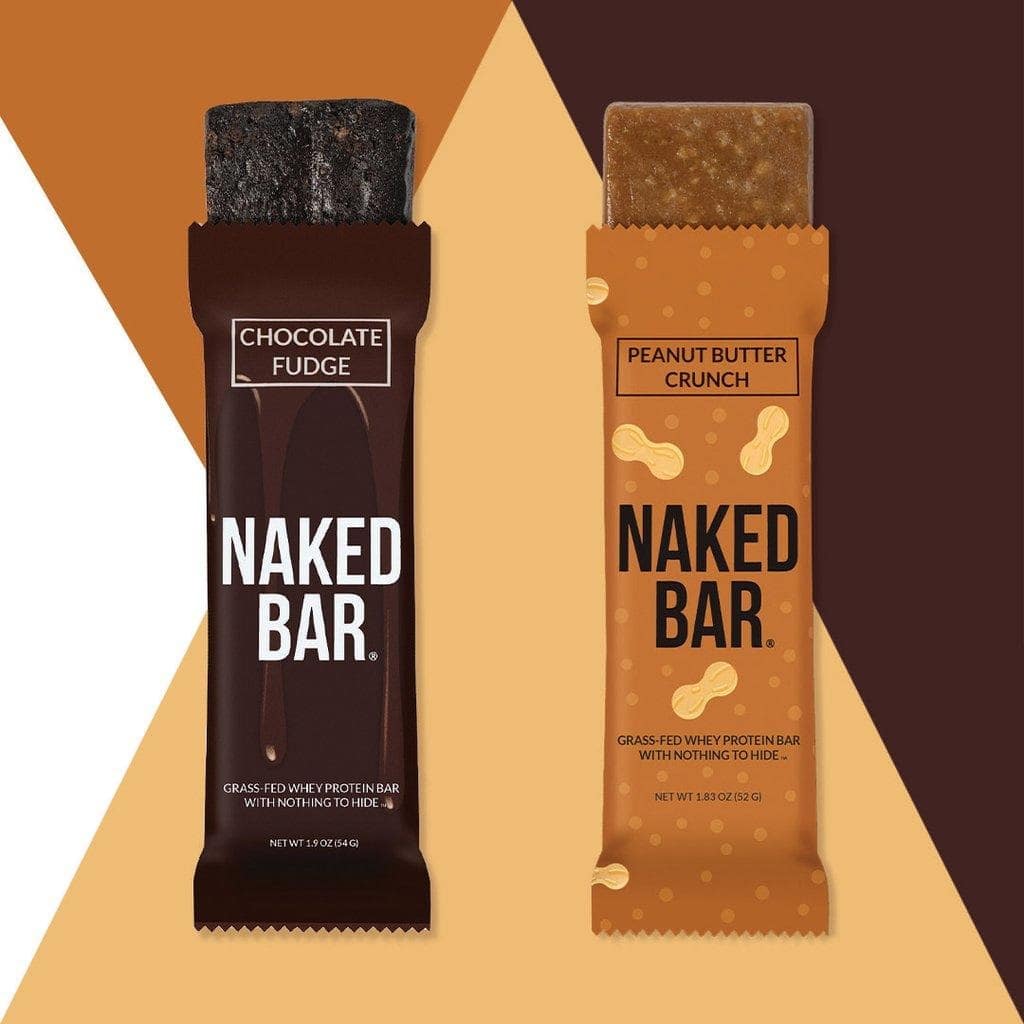
If you’re looking to make big gains in the gym, you need to go hard on your workouts and support those workouts with good nutrition and adequate protein. Train hard, push your limits, and spread your protein intake evenly throughout the day for best results.
Trending
2
3
4
5
6
7
8
9
10









